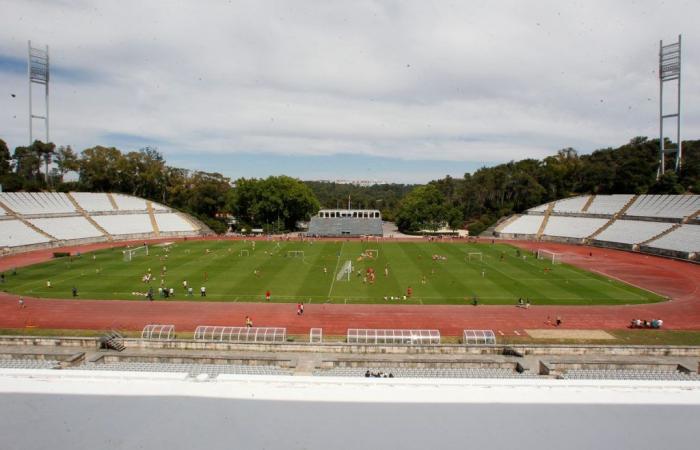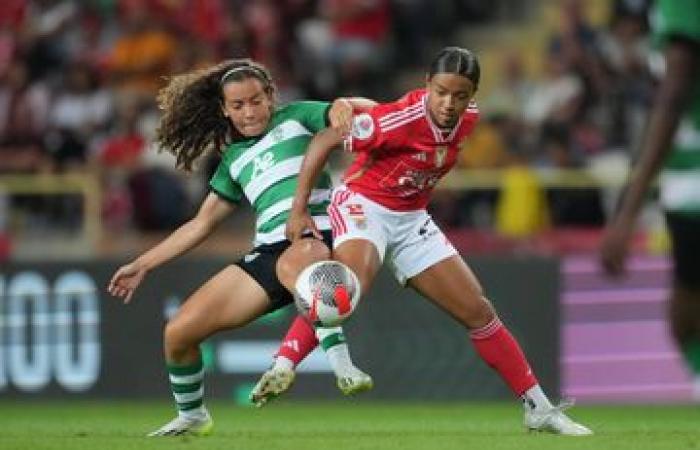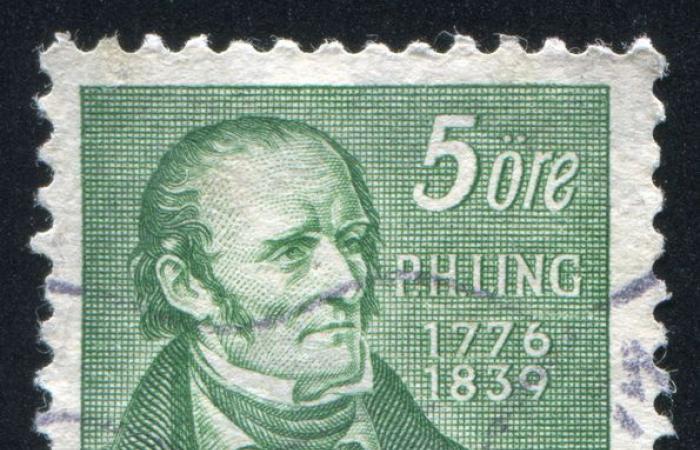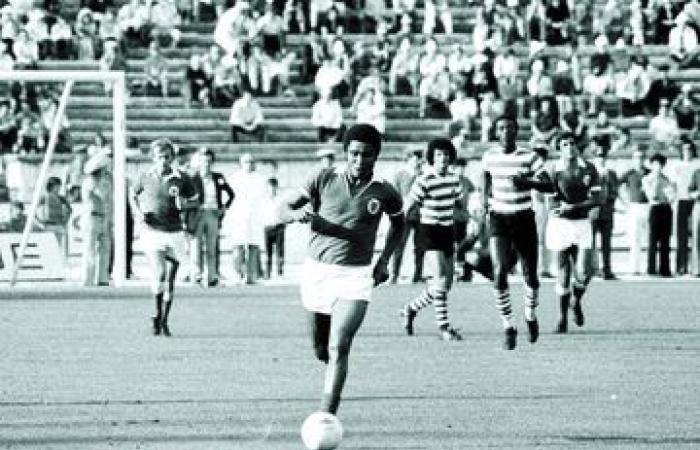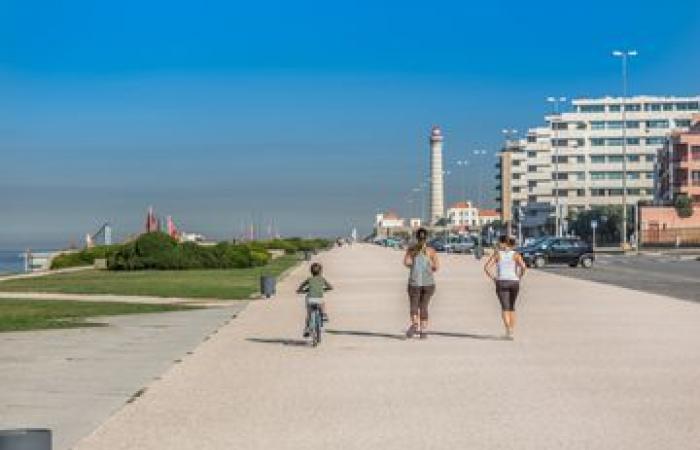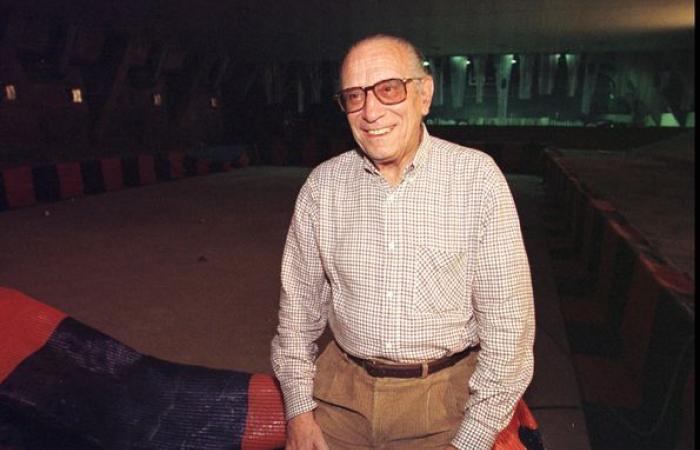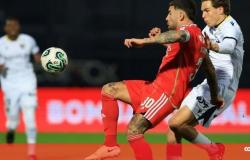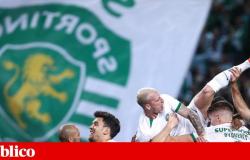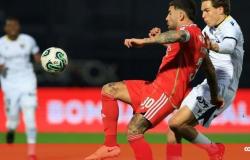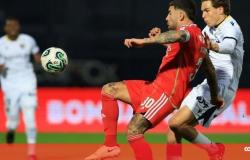During the 41 years that the Estado Novo was in force, the concepts of sport and physical activity were little promoted. This had a direct impact on the development of sport in the country, which is still felt today
Saying that Physical Education (PE) was devalued by the Estado Novo is not correct, because it had an objective to achieve. Sports practice was what it was, there was no structure that sought to provide it to as many Portuguese people as possible, nor any interest in setting it up.
A study by António Gomes Ferreira, professor and researcher at the University of Coimbra, entitled The teaching of Physical Education in Portugal during the Estado Novo explains that PE under the Salazar regime «achieved little more than well-intentioned speeches and legislative measures without much practical scope”, rather assuming itself as “an important pillar of the educational strategy of the dictatorial regime”.
In this way, A BOLA spoke to three personalities who stand out in the educational field of EF in Portugal to characterize the way in which the Estado Novo looked at it and unveil the aspects that have changed the most in the discipline in the 50 years that have passed since the Revolution. Since its democratization and accessibility, but also going through cultural issues, which, five decades later, still mark some perceptions of the Portuguese people in relation to physical activity.
Traditionally separated from boys, countless girls did not follow the sporting path for social, structural or cultural reasons during the Salazar regime. But some of the notable problems of that time are still present today.
Mass sport
Simply put, physical exercise was instrumentalized by the Estado Novo to serve a political purpose and not for sporting practice. Therefore, the activity most promoted by the regime was Swedish gymnastics, created and developed by Pehr Henrik Ling.
«Swedish gymnastics was king and teachers only had to know sequences of gestures» says Nuno Ferro, president of the Portuguese Society of Physical Education. «The objective was to impact the population with demonstrations in large numbers, where choreographies were worked to the millimeter.»
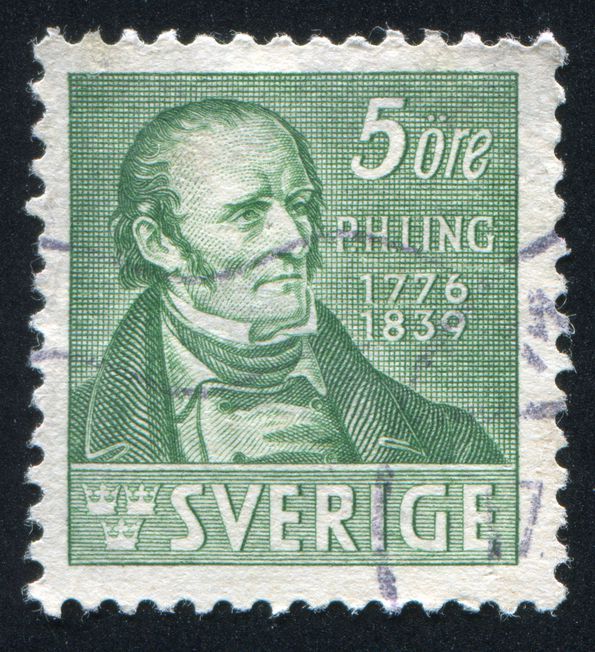
Nuno Fialho, vice-president of the National Council of Physical Education Teachers’ Associations, adds that «the idea was to copy something that someone more important ordered to do, it was the reinforcement of what we wanted to reproduce in society».
This is why «PE, as a curriculum subject, was clearly undervalued», continues Nuno Ferro. «The practice of sport had a context of approach that included mass sport, largely provided by Mocidade Portuguesa. It was only within the reach of people who were more advantaged from a socioeconomic point of view.”

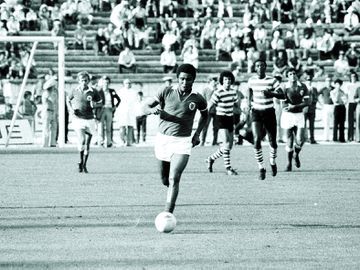
António Simões remembers the 1974 Portuguese Cup final, the first in democracy; Sporting lifted the trophy, beating Benfica 2-1 after extra time
Unlike today, where there is PE from the 1st to the 12th year of school education, during the Estado Novo many schools did not even have this subject and those that did did not put it into practice with a common program, because it didn’t exist.
«The subject had a secondary characteristic and status, PE teachers received less than others. It didn’t matter to guarantee an educational structure practice», adds Nuno Ferro.
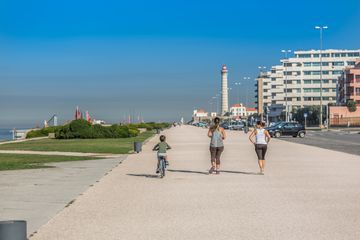
Sport and physical activity are within everyone’s reach, but the country remains among the most active in Europe
An example of this is what was seen on June 10, 1944, when the National Stadium was inaugurated. António Lopes Ribeiro, in a film made at the time, describes a gymnastics demonstration that took place on the lawn: «3600 members of Mocidade Portuguesa, healthy and confident boys, entered the green rectangle. They sang together the anthem of Mocidade Portuguesa, then, under the impeccable command of Captain Marques Pereira, from the National Institute of Physical Education, they performed a series of highly effective physical exercises, to the sound of a military band.»
Luís Bom, professor and university researcher, highlights that these demonstrations of “sports education, not physics” were inspired by what was done in Germany. «It has to do with controlling the body and inhibiting physical activities. The Nazi regime used mechanistic gymnastics to control and regulate, more than an educational discipline. This happened in Portugal, in Spain, a repressive and inhibiting policy, of control and limitation, even of people’s practical imagination.”
Gymnastics was, therefore, the regime’s favorite sport, unlike games and competitive sports. As António Gomes Ferreira’s text states: «It is legitimate to assume that sports such as athletics, volleyball and basketball did not have the importance they would gain.»
The progressive inclusion and development of these modalities in Portugal went through several schools of thought – and the Estado Novo drew a lot of inspiration from what was being done abroad, as Nuno Ferro explains. «The currents were very marked by what came from Sweden with Ling, from Germany (a more muscular, demanding discipline), until arriving at the English school, more related to sports such as football, tennis and rugby.»
«The English orientation valued the inclusion of sports in schools», adds Luís Bom. «This is where a desportivization movement was born that allowed PE and sport to assert themselves as a cultural model of reference for democracy.»
For this reason, as the professor highlights, with the 25th of April, Portuguese sport was able to evolve like never before. «The more democratic a system is, the better the educational, sporting and artistic fields are. There is a feeling of equality and respect for difference that forms a democratic mentality.”
Prof. Mário Moniz Pereira – the Superathlete
The Estado Novo did not provide access to sports for the majority of Portuguese people, only for those who had greater aptitude.
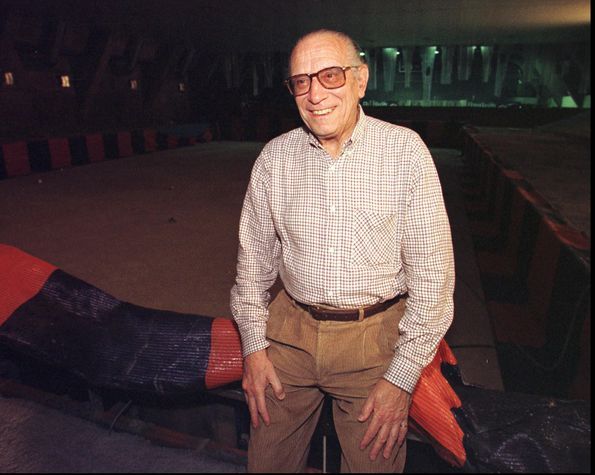
Mário Moniz Pereira, immortalized as Mr. Athletics, also played volleyball, handball, basketball and even football. As a coach, he also helped develop athletes such as Carlos Lopes, Fernando Mamede and brothers Castro, Domingos and Dionísio.

